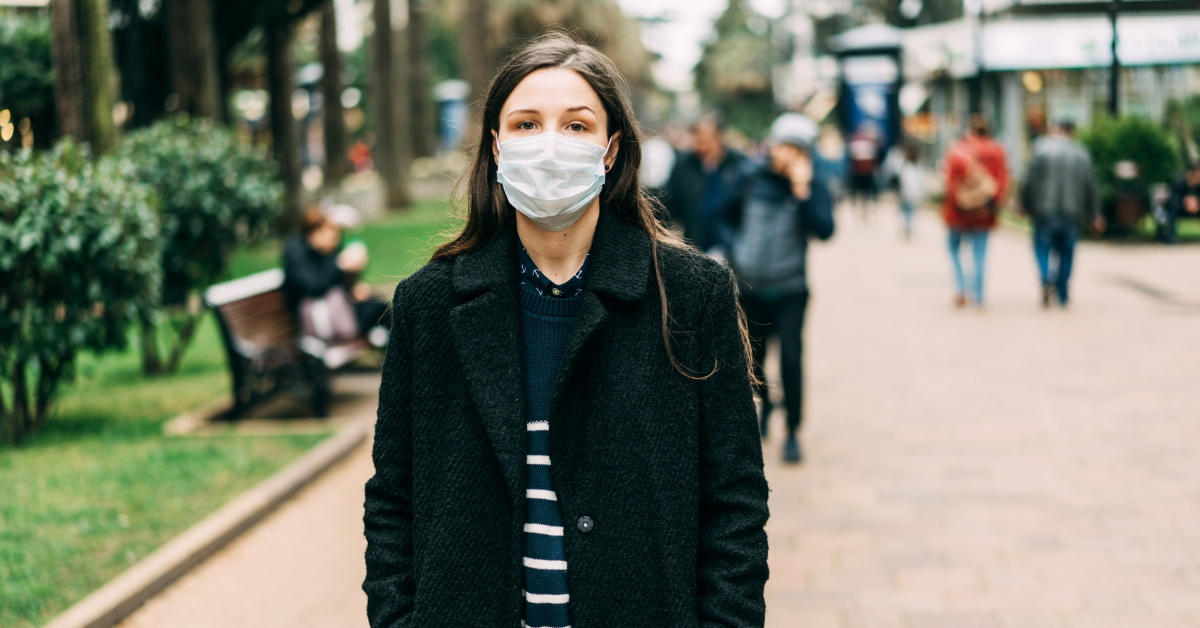The coronavirus pandemic has inspired panic and confusion across the higher education landscape, with canceled exams, final performances, and graduation ceremonies. College students have been evicted with little notice. School leaders are scrambling to triage students and accommodate the resources needed. The information available is overwhelming and not always accurate. Here are some actionable steps and advice amidst the chaos.









